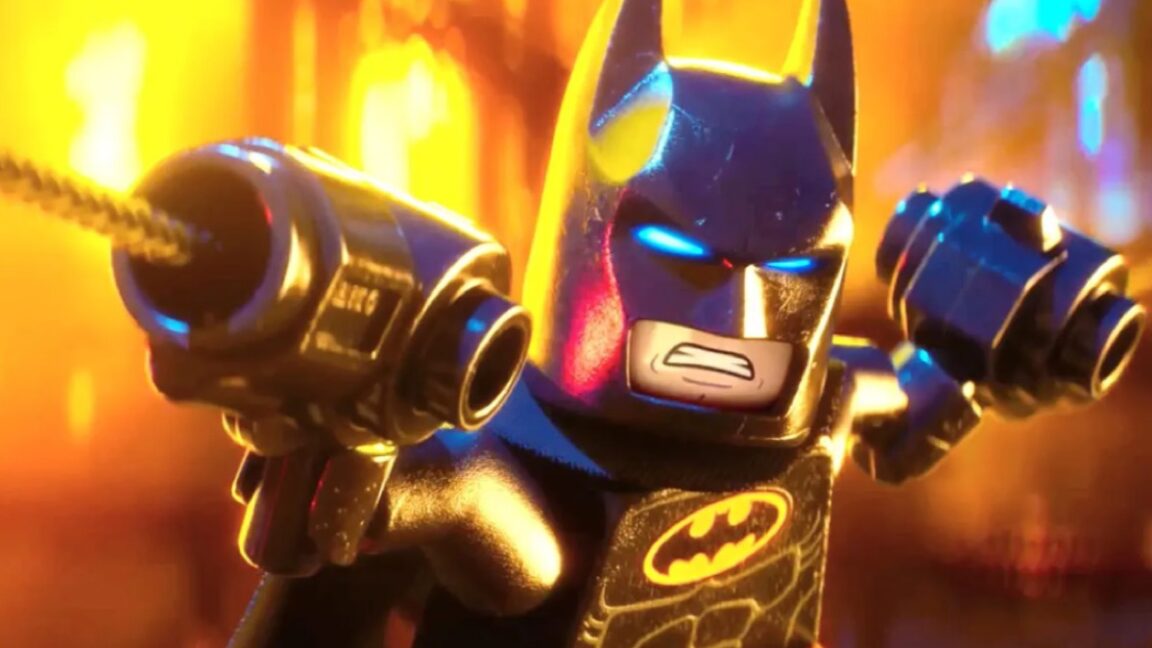Are superheroes and supervillains the product of their childhood experiences? Not if they belong to the MCEU or DCU, according to a new paper published in the journal PLoS ONE. Canadian researchers watched many hours of those movies and looked at which characters suffered considerable childhood trauma. They concluded that those traumatic experiences were not significant factors in whether those characters turned out to be heroes or villains.
Prior studies have looked at the portrayal of trauma in superheroes, most notably the murder of Batman’s parents and Spider-Man’s uncle, as well as the destruction of Superman’s home planet, Krypton. There has also been research on children sustaining injuries while pretending to be superheroes, as well as on the potential for superhero themes to help children overcome trauma and build self-esteem.
According to co-author Jennifer Jackson of the University of Calgary in Canada, two nursing students (since graduated) came up with the idea during a lab meeting of looking at adverse childhood experiences and superheroes. It might seem a bit frivolous as a topic, but Jackson pointed out that Marvel and DC films reach audiences of hundreds of millions of people worldwide. “We also know that things we see in films and other media affects life in the real world,” she said. “This influence could be used as a positive factor when supporting children’s mental health and wellbeing. There may be shame or fear associated with some of the ACEs, and superheroes may be an effective ice breaker when broaching some difficult topics.”




